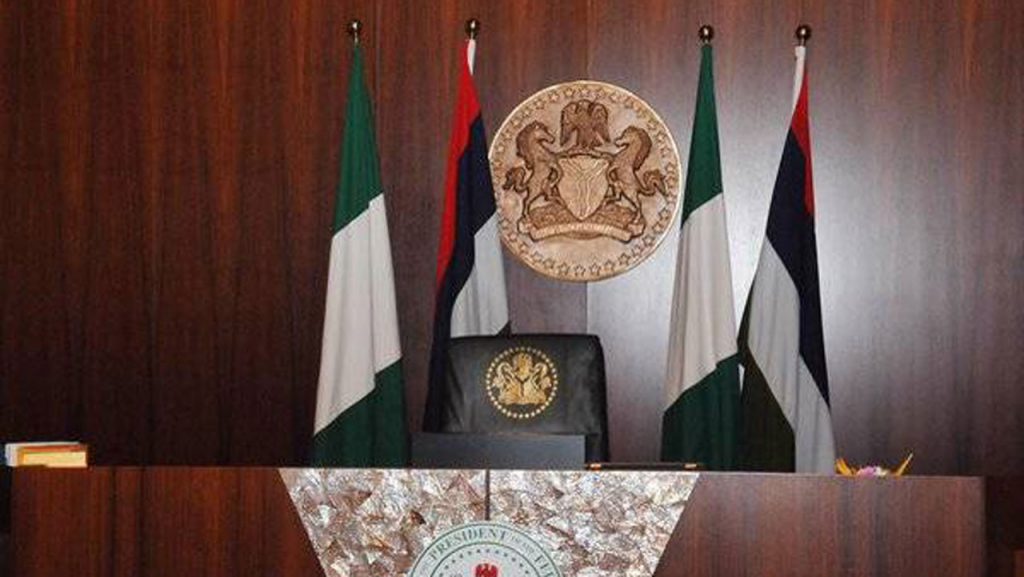Nigeria, for the past twenty-three years has practised uninterrupted democracy, with one civilian government handing political power to another seamlessly and peacefully. This record becomes significant because it is longest democratic dispensation in Nigeria after men in the uniform led the country for over three decades. This political stability could be said to owe, chiefly, to the informal principle of rotational presidency, which was executed by the Peoples Democratic Party, PDP in 1999.
Following wide consultations, political compromise and what was then described as being “in the interest of peace and progress, political equity, and fairness”, PDP stalwarts ceded the presidential seat to the South West to appease the Yoruba over the supposed injustice of the June 12, 1993 Presidential Election annulment. The major political parties, as though on cue, fielded presidential candidates from the South West of Nigeria. After the completion of eight years by President Olusegun Obasanjo, it was only practicable that power returned to the North and particularly to the North West where Umaru Musa Yar’dua emerged as President. Over the years, rotational presidency or Zoning has helped greatly in stabilizing Nigeria politically.
The principle of rotational presidency, though not enshrined in Nigeria’s constitution, has been operative in Nigeria since 1999. It is a political thread, which has been used to knit the many different ethnic groups together. The argument, in some quarters, calling for the principle to be abrogated and jettisoned because they feel that it has outlived its usefulness is anti-progressive. Arguing against the rotation of the presidential seat among the six geopolitical zones in a multi-ethnic entity like Nigeria can only be based on selfish personal interests or disregarding the sensitiveness of the country’s vulnerability to political crisis.
The basic questions that must be asked is: is it not obvious that the relative stability being enjoyed in the country is attributable to the existence of rotational presidency in Nigeria? Were a Yoruba not elected in office in 1999 as the president of Nigeria, the indignant Yorubas would have waged a relentless war against the rest of Nigeria.
Since 1999, the pendulum of presidential power has been swinging between the north and the south with some of the geopolitical zones producing the president of Nigeria at different periods in this current fourth republic. Of all the major ethnic groups in Nigeria, only the Igbo people of the South East of Nigeria have not produced a president of Nigeria.
More than ever, in the interest of justice and equity, it is only proper that the geopolitical zone produces the next president of Nigeria in 2023. It is, however, regrettable that many of the political stalwarts in Nigeria’s two major political parties are inclined to discarding the informal principle of rotational presidency. In fact, the Peoples Democratic Party, PDP in a recent recommendation, seemingly against zoning, has thrown the contest open. The party believes that rotational presidency is a child of necessity which has outlived its usefulness. That, in every right sense, is totally wrong.
But Nigeria’s peace, as well as political stability is fragile. Our political leaders ought to take centripetal measures to deepen our national unity and make Nigeria a politically stable circle. Should the major political parties in Nigeria cede the presidential seat to the South East, it will disabuse the minds of Igbo people of the sentiments and belief that they are unwanted in Nigeria and will allay their fears that they are being politically marginalized.
WRITTEN BY CHIEDU OKOYE









Comments are closed for this post.